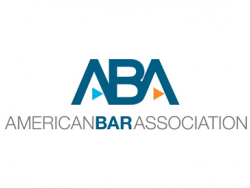Libraries
What are libraries for, if no longer just places for books?
More than just places to find or read books, libraries offer access to the information resources and technology needed by their communities. As safe, neutral public spaces and hubs for community education, libraries are essential to access to justice for many reasons, including:
• Libraries are places where people come to access information
• Librarians are key players in forming partnerships and collaborations to implement live assistance in the Library
• Public libraries have evolved into a primary source for public Internet access in many communities
• Librarians are trained to help people access the resources and online information they need
• Law librarians provide training to public librarians to expand public access to legal information and facilitate referrals
Public Libraries
The American Library Association (ALA) represents all types of libraries - public, school, academic, state and special libraries. The State of America’s Libraries 2015: A Report from the American Library Association recognizes American libraries as “community anchor institutions” whose missions include providing equitable access to information, technology and digital content as well as building communities. Learn more about the American Library Association’s advocacy efforts at ILoveLibraries.org, an initiative that focuses on getting communities to value their libraries.
Law Libraries
Facilitating access to legal information is a core function of law libraries. More information about the three general categories of law libraries – academic, government and private - can be found on the website of the American Association of Law Libraries (AALL), the primary professional association serving law librarians and other legal information professionals. The American Association of Law Libraries’ 2014 Law Libraries and Access to Justice report underscores the critical role that librarians of all types have in helping to expand access to and understanding of legal information.

COVID-19 Resources
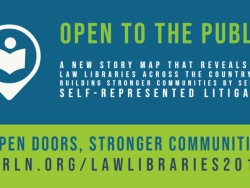
Survey: SRLN Library Working Group National Self-Help in Libraries Survey (SRLN 2019)
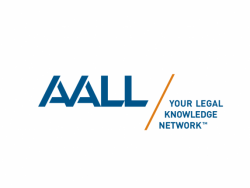
Conference: American Association of Law Librarians Annual Conference (Baltimore 2018)
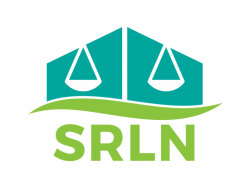
SRLN Brief: Intro to Design Thinking (SRLN 2017)
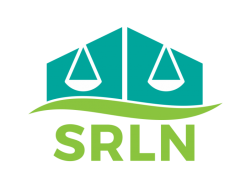
Resource: Resource Guide on Serving Self-Represented Litigants Remotely (SRLN 2016)
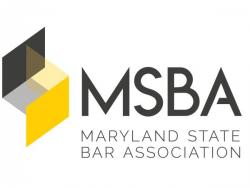
Article: Delivery of Legal Services to Maryland Public Librarians (MSBA 2016)
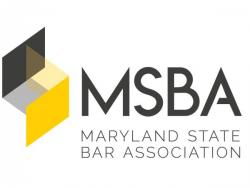
Article: Public Legal Information: Pro Bono that Keeps on Giving (MSBA 2016)
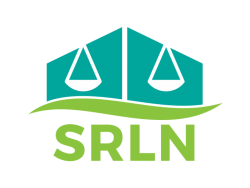
Survey: SRLN Library Working Group National Self-Help in Libraries Survey (SRLN 2013)
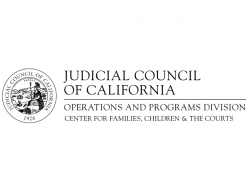
Resource: Equal Access Unit of the California Center for Families, Children & the Courts (Judicial Council of California 2015)
